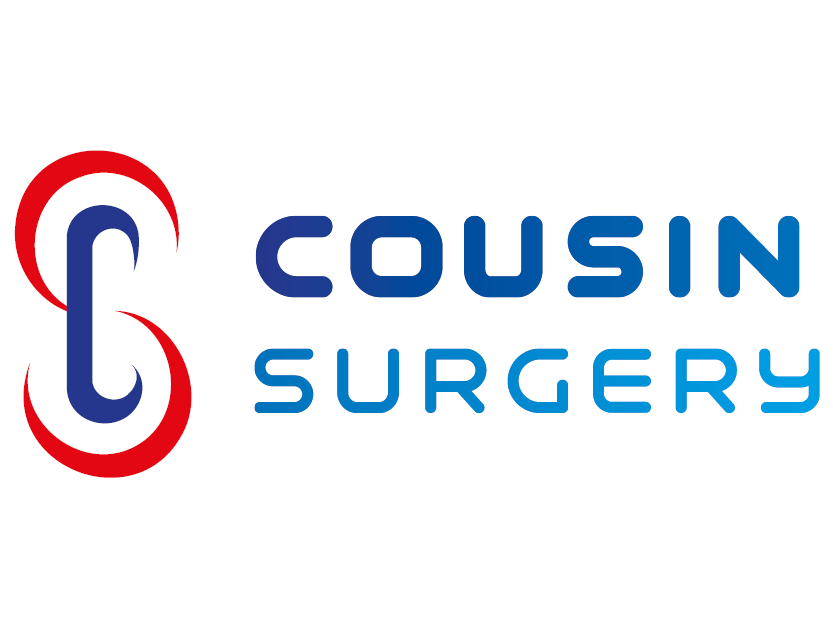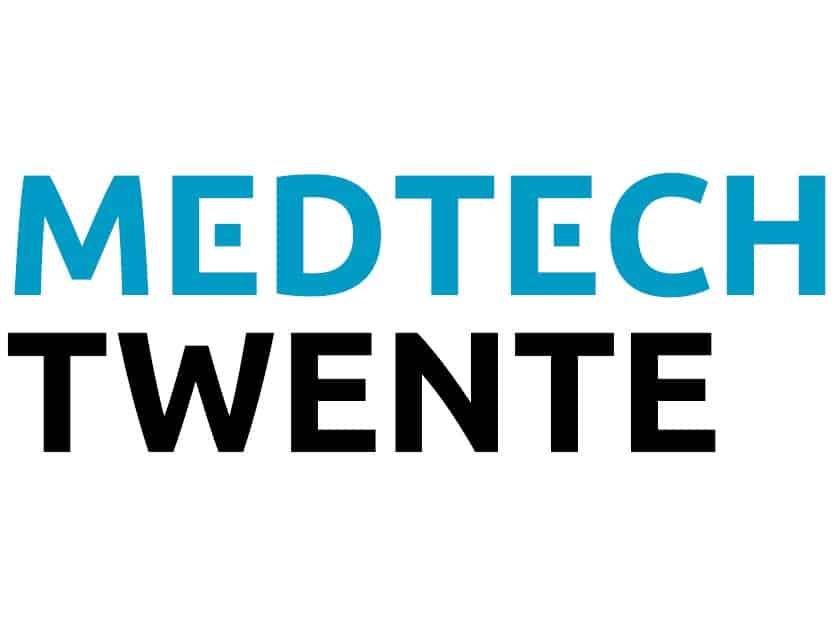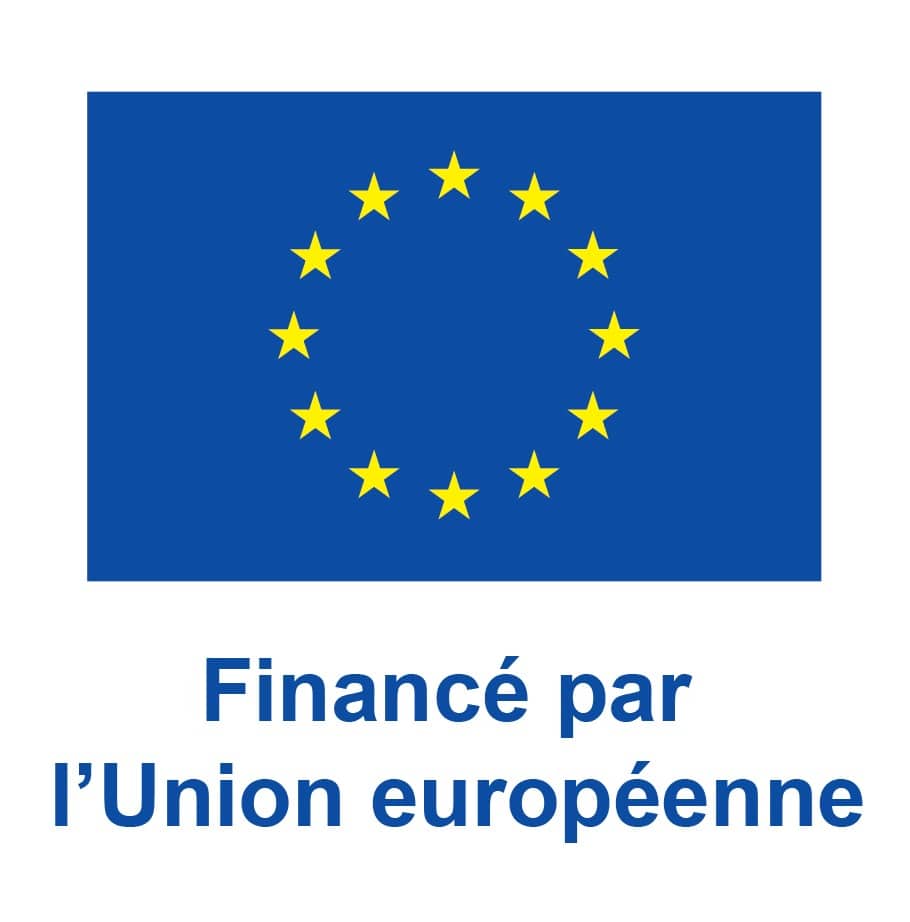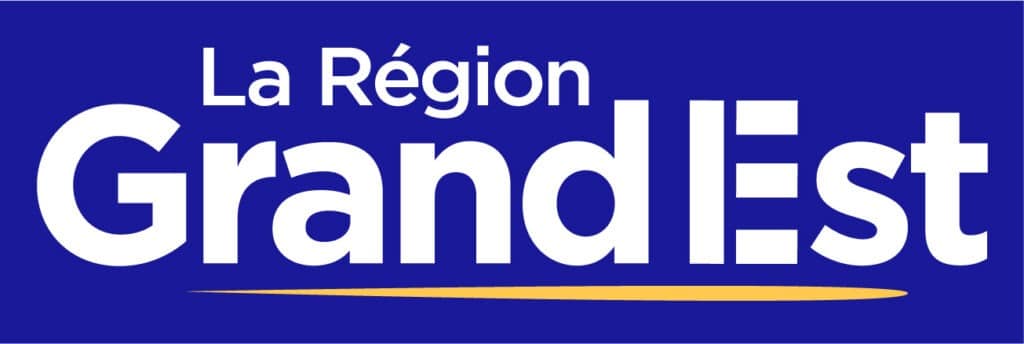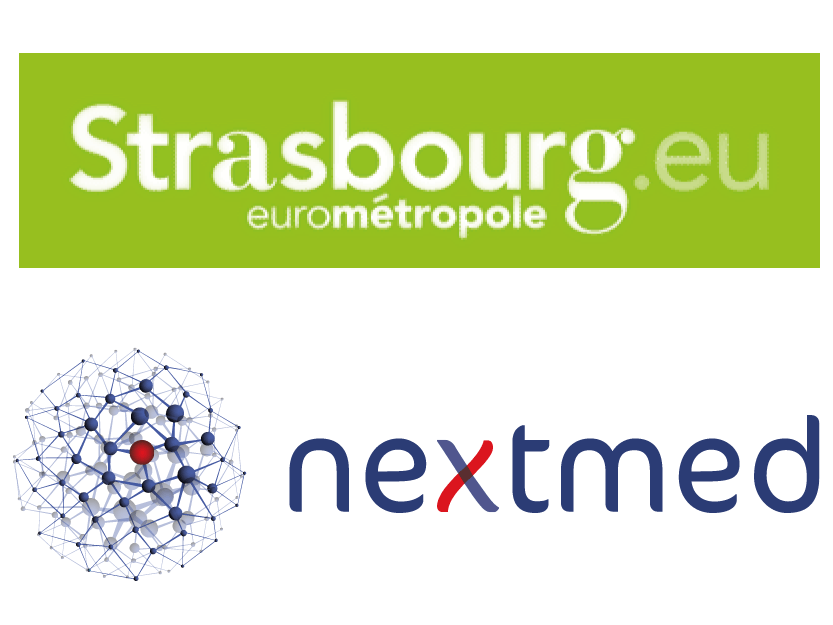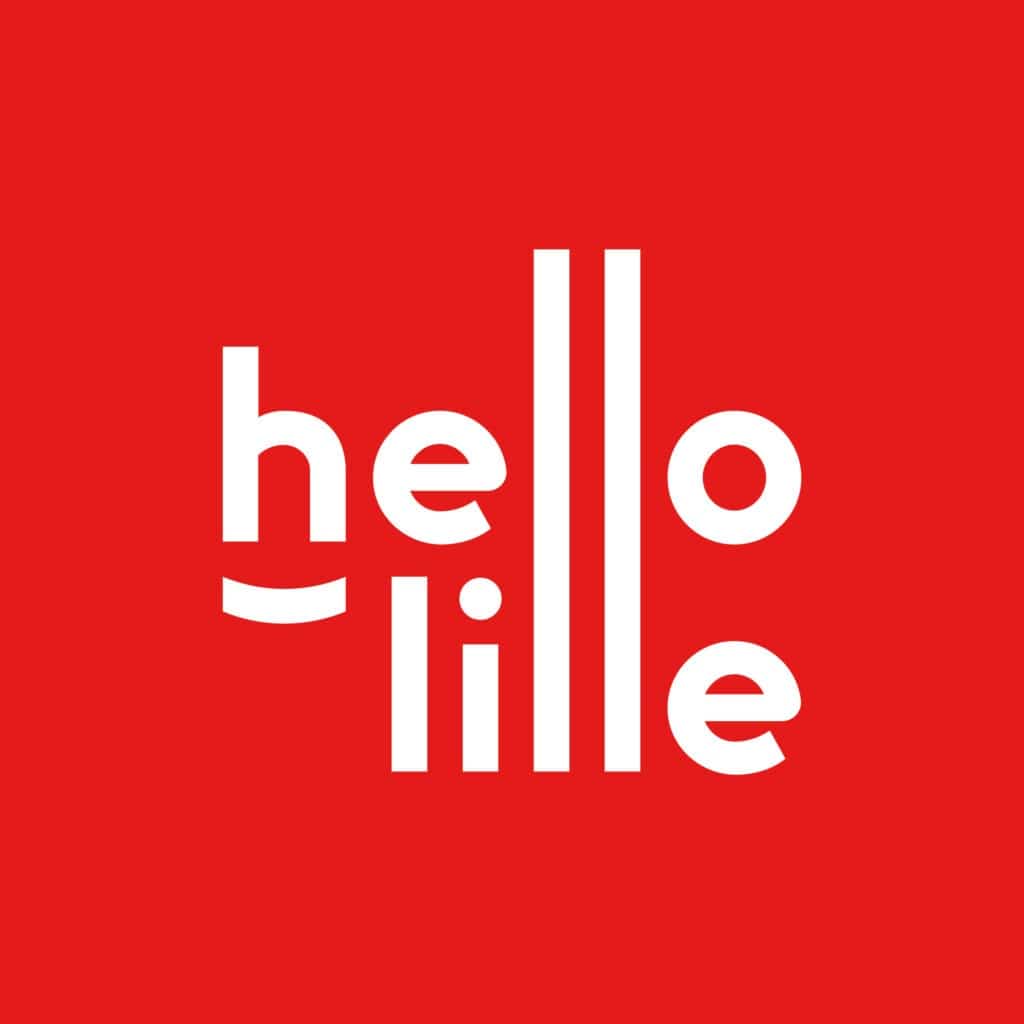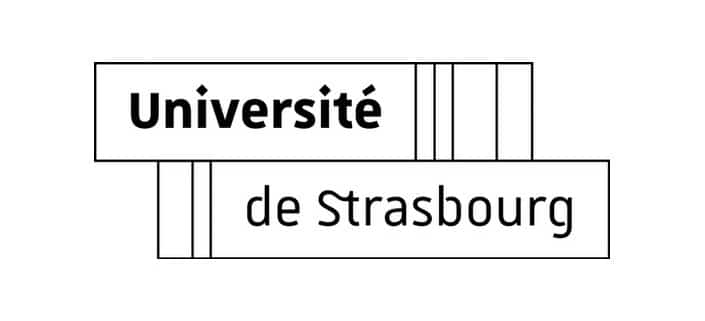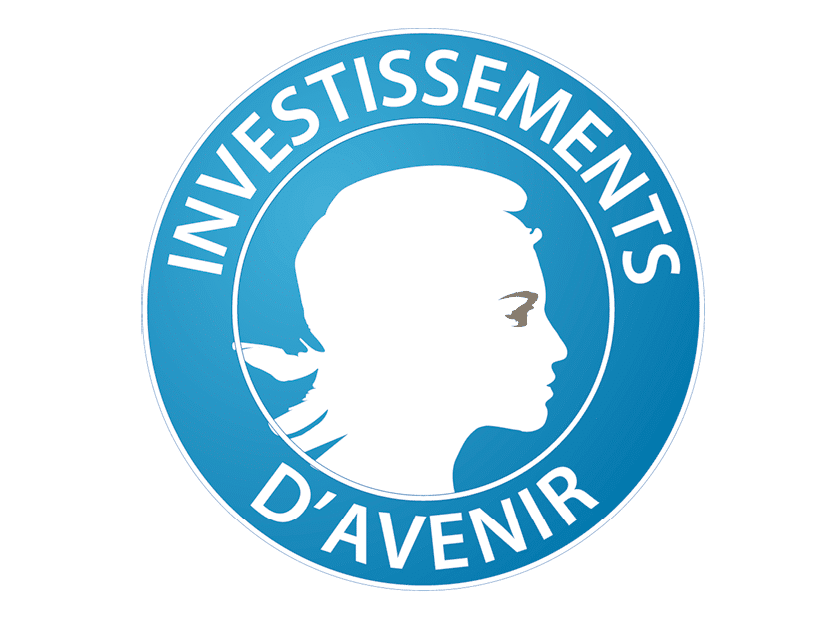Why did Johnson & Johnson Innovation support the Start-up Slams? How are innovation pitches like Start-up Slams complementary to a business convention?
Mirren Mandalia: At Johnson & Johnson Innovation, we’re passionate about changing the trajectory of human health for the better.
No matter where a good idea comes from, we want to help turn it into a market reality. This is part of the reason why we supported the Start-up Slams at MedFIT – we are constantly looking to seek out, support, and partner with start-ups across a range of therapy areas.
To take an example of our investments, Johnson & Johnson Innovation invested in a company called Zebra Medical Vision to help develop technology that uses AI machine learning to pre-read diagnostic scans. Zebra’s software can produce a summary report, using algorithms that can read a scan in its entirety to help radiologists detect various medical conditions and identify patients at risk of disease. Going forward, we want to catalyse these types of innovations so that they can be taken to market and have a benefit to patients.
Business conventions are often the perfect places for innovation pitches like the Start-up Slams. Conventions typically bring together stakeholders from across the ecosystem – from entrepreneurs to investors and corporates. Start-up Slams contribute fresh ideas to industry leaders, help build links between these different groups, and crucially provide a connection between innovation and those with experience.
Why is it important to showcase and invest in (medtech) early-stage innovations?
Mirren Mandalia: With the scope of human knowledge ever expanding, in tandem with the world facing more intricate problems, we desperately need intelligent ideas. However, ideas alone aren’t enough – they need to be adequately funded and supported with the right kind of expertise in areas such as R&D, clinical trials and regulatory strategy.
Medical devices hold huge potential to improve the experiences of both patients and physicians, which is why it’s so important to showcase these early-stage medtech innovations. By doing so, corporates, investors, NGOs and governments can be made aware of an idea’s potential, and how they can help support it into becoming a reality.
However, investment isn’t just about funding. Healthcare start-ups face a myriad of problems, and often need guidance on R&D, market access, as well as regulatory and commercial issues. It’s crucial to help nurture these ventures as they start out – to help them navigate, and overcome, any of the problems they may face, to ultimately bring these innovative products to market and benefit patients.
What advice will you give to a potential entrepreneur applying to the next edition of the Start-up Slams?
Mirren Mandalia: It might sound simple, but I’d urge entrepreneurs to focus on the value that their solution brings – and showcase the impact it could have on either patients, physicians or the healthcare system in general. Having this value distilled into agreed, accessible terminology means that you and your team will be able to articulate it in both your application to the Start-up Slams, as well as your presentation on the day.
Secondly, it is critical to articulate how your innovation is different to the way patients are currently managed, and why it is better than other competitor products or technologies. This will help show why your product or technology could win in the market.
Finally, at a time when there is so much competition for investment in start-ups, applicants need to consider how their pitch can be clear and striking. Making sure that your pitch is memorable is half the battle, as whilst an idea can be brilliant, if an applicant fails to make an impact then the idea suffers as a result.
Are you an entrepreneur who has created or is about to create an innovative company?


